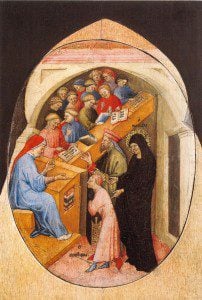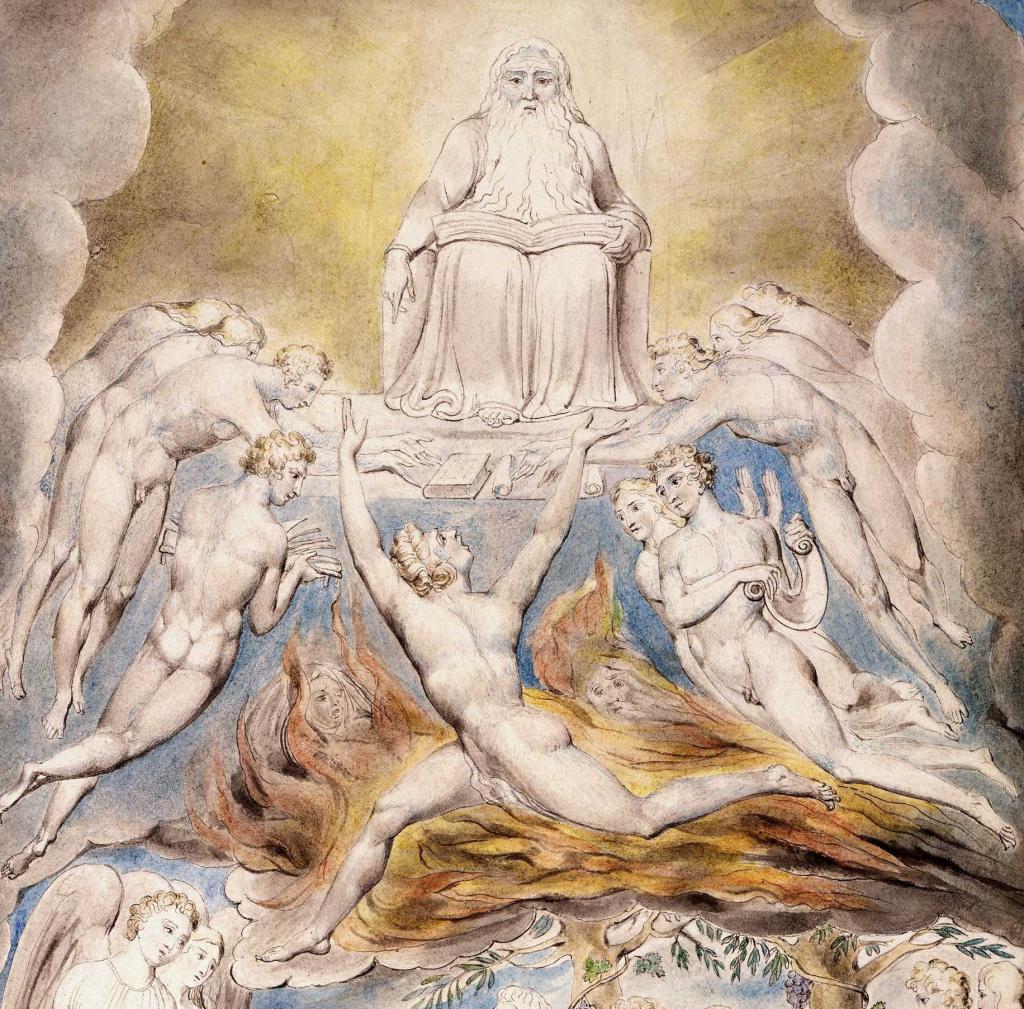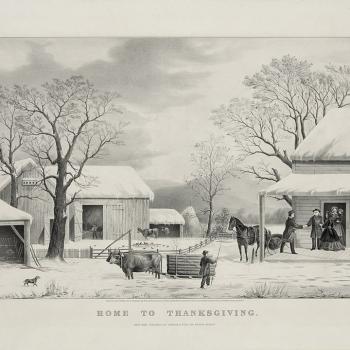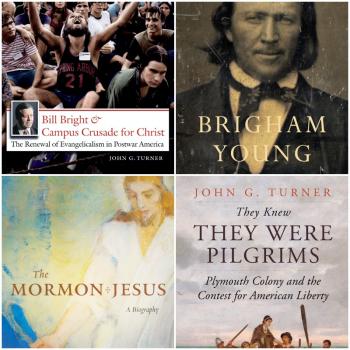In Augustine’s Confessions, at the end of a discussion of infancy and childhood, there is a beautiful passage about thankfulness. [Note the quotations that follow are from Maria Boulding’s translation].
Much of Book I baffles contemporary readers, who think that Augustine is rather too hard on himself and others. Augustine insists that the “only innocent feature in babies is the weakness of their frames; the minds of infants are far from innocent.” Babies glare “with livid fury” at their fellow nurslings. They want everything for themselves. They throw tantrums. They try to dominate their parents or anyone else who obstructs their desires.

Next, Augustine writes that God properly did not answer his prayer that his teachers would stop beating him when he became lazy. Augustine confesses — not wholly convincingly — that he sinned because he loved to play more than he loved to study. He also sinned by preferring “frivolous tales” such as that of Dido and Aeneas to “more useful attainments.” Sin follows sin. Augustine stole from his parents’ larder and his cheated at games with his friends. What a wretched boy he was!
When Augustine looks back at his early life, he is filled with dread and questions. First of all, he can’t remember much of it. For Augustine, the self, the mind, and memory are so very closely connected. The fact that he cannot remember his infancy any more than he can remember his time in his mother’s womb is jarring. What does that early period matter, Augustine asks, “since it has vanished without trace from my memory?” He wonders if he existed prior to his mortal life. “Was I somewhere else? Was I even someone?” When does the self begin? With our life? With our earliest memory?
After rehearsing his early sins and struggles, Augustine concludes with a firm statement of thanks to God. “I would still thank you even if you had not willed me to live beyond boyhood,” he comments. “Even then I existed, I lived and I experienced.”
All creation and all creatures, animal and human, infants and the elderly, wretched sinners and those whom God has turned to Himself, have their existence in God. Their creation is good, irrespective of their circumstances, irrespective of their behavior. As Augustine observes near the beginning of Book I, “nothing that exists would exist without” God. All things have their existence in God.
“He who made me is good, and he is my good too,” Augustine continues, “rejoicing, I thank him for all those good gifts which made me what I was, even as a boy.” He thanks God for His good gifts:
Do you preserve them for me.
So will you preserve me too,
and what you have given me will grow and reach perfection,
and I will be with you; because this too is your gift to me
— that I exist.
Perhaps that conclusion seems thin gruel rather than gravy. And we Christians are thankful for so much more that the sheer fact of our existence. We are thankful that God chose to be with us in Christ Jesus, that in Christ we have not just life, but life abundantly. Augustine, of course, proceeds to those reasons of thankfulness later in the Confessions.
Still, at the outset, Augustine properly reminds us what a precious gift our existence is. And entirely remarkable. Even miraculous. That genetics and circumstances and God gave us our individual lives. That God has sustained us thus far. We pray that God will preserve us, that we will reach perfection, that we will one day be in God’s presence. And we remember God’s first, utterly remarkable, utterly gracious gift to us — that we exist and that our existence is grounded in the goodness of God.
















